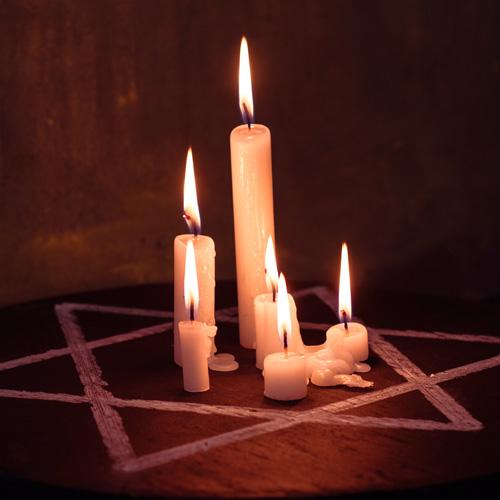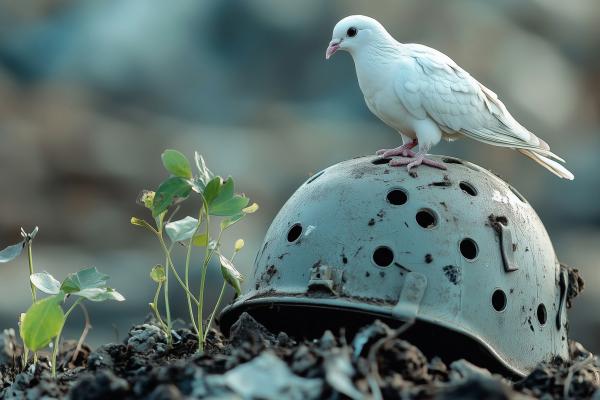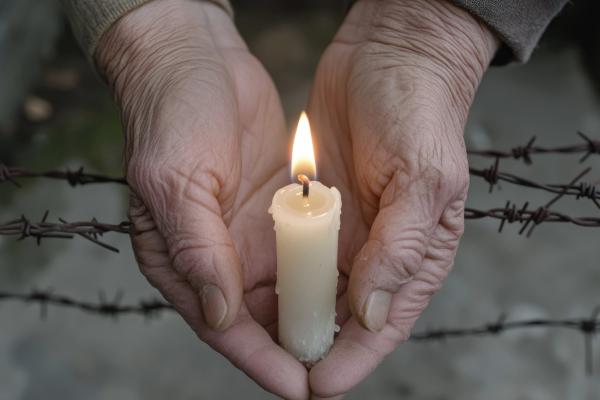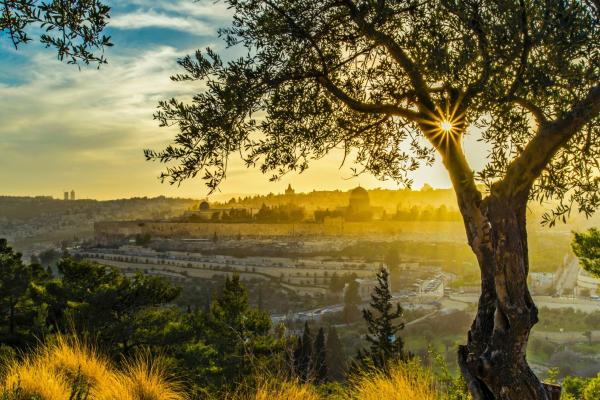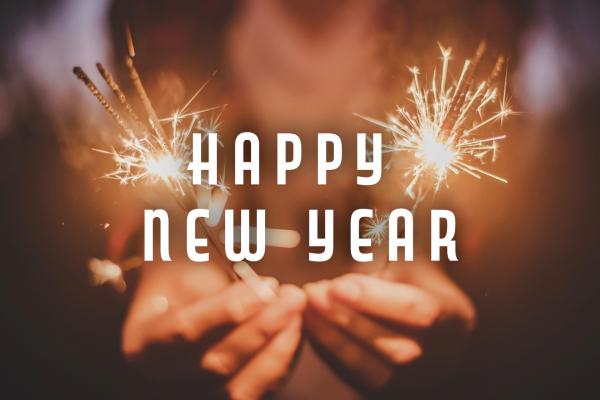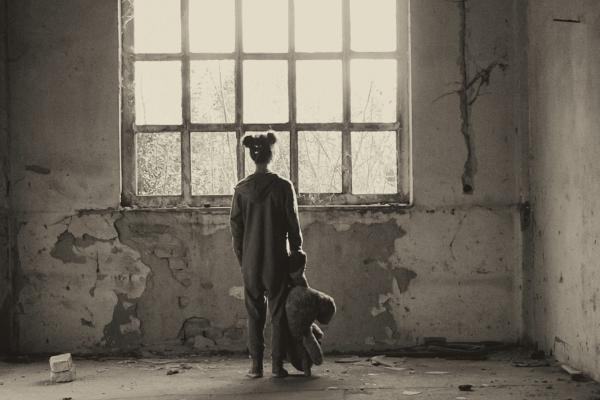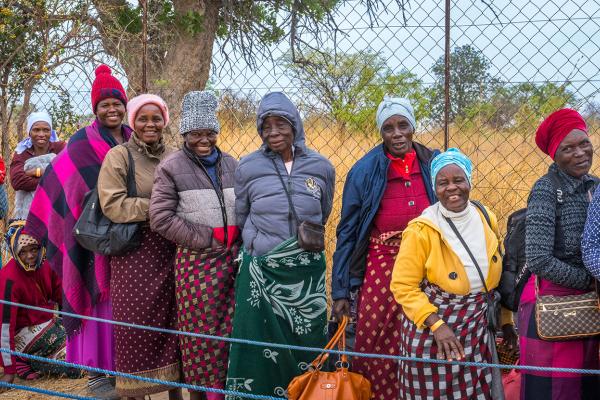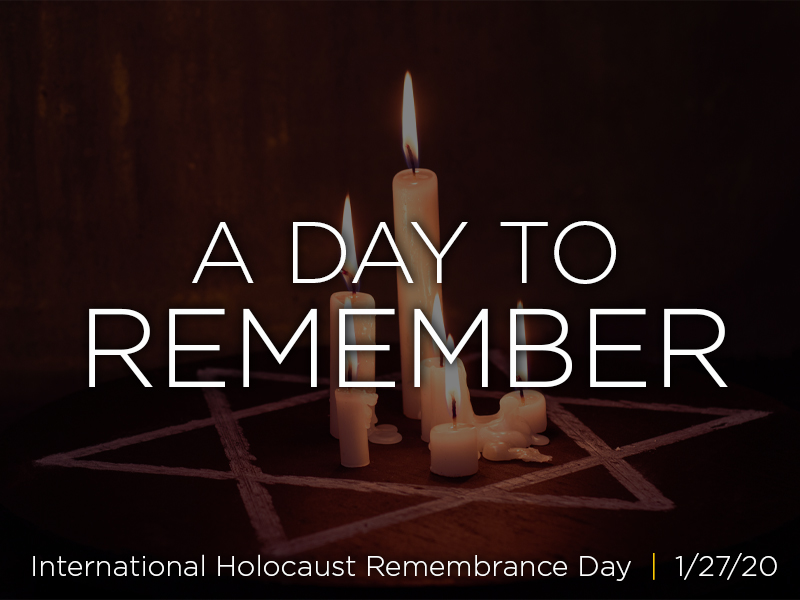
Why do we mark the anniversaries of horrific days in history? Dates like December 7, June 6 and September 11 mark tragic events that grieve the heart.* Some people may not want to bring the somber past into the present with a day of remembering. Why dwell on it? Why pull from the record books stories of the tragedy and suffering?
We – as a world community, as nations, as individuals – commemorate for several reasons:
- To help ensure such things do not happen again
- To remember those who died and not allow the value of their lives to be forgotten
- To honor those who survived, thank them for their bravery and pray for them
We at Jewish Voice remember the Holocaust on three distinct occasions each year. In late spring, we commemorate Israel’s national Yom HaShoah, honoring those who died in or survived the Holocaust. In November, we mark the anniversary of Kristallnacht, a devasting pogrom that unleashed Hitler to forge ahead with his “Final Solution” to eradicate “the Jewish problem.” And in January, we highlight International Holocaust Remembrance Day, which is observed on January 27, remembering the liberation of the Auschwitz extermination camp. This year marks 75 years since the day that the traumatized and near-starved prisoners who remained in Auschwitz were freed.
During World War II, Germany herded between 1.3 and 1.5 million people, most of them Jewish, to Auschwitz and its subcamps. Of those, approximately 1.1 million were killed. Others were kept alive as forced labor doing the gruesome work that followed the mass murders.
A split-second decision
Paula Lebovics was part of a group of children that the infamous Dr. Joseph Mengele brought into a room at Auschwitz one day in January 1945. He had them stand in a circle around him, and he seemed to talk kindly to them. He said he knew that all of them had family they wanted to reunite with, and it could be arranged for them. “Come forward if you want to reconnect with your family.”
Paula stepped forward. Immediately, a younger girl that had attached herself to Paula stepped up beside her. In a mere second, Paula’s mind swam with warnings: How do they know where my family is? What if when I give information about my family, I put them in jeopardy? This could be a bad thing.
Paula instantly stepped back. She begged the little girl, who had taken to doing whatever Paula did, to return to the outer circle. But she refused. Later in the month, when Paula and the other prisoners of Auschwitz were liberated, right outside the camp, they found the bodies of those children who stepped forward that day. They had all been shot.
Pulled from the line, and saved
Miriam Ziegler was a young girl at the Auschwitz-Birkenau camp. In January 1945, as Russian troops advanced on Auschwitz, German soldiers abandoned the camps. When the prisoners were sure they were alone in the compound, Miriam and other able children walked to the main Auschwitz camp and broke into storerooms of food and clothing. They returned with all they could bring to the sick and elderly, including Miriam’s grandmother. The prisoners put on layers of clothing underneath their striped uniforms to fend off the frigid winter temperatures.
Three days later, a few Germans returned and told the prisoners, “Whoever is able, line up, and we will walk you to safety.” Miriam believed it and got in line. But her great-aunt pulled Miriam and her cousin out, explaining that if they were required to walk for help, they might as well stay put. “And fortunately, we did,” Miriam said, “because, on the way, they shot every single person.” Thousands died in what became known as “Death Marches.”
The next day, the Russians came, and then the Americans. Miriam and the other prisoners were free.
Why remember?
Why do we remember the sober days of historical events? With the Holocaust, we remember because we live in a world that still practices the same hatred and illogical anti-Semitism that led to the murder of 6 million Jewish people. We remember because we must never forget, even though it is a painful recollection. To forget would dishonor those who suffered unfathomable cruelties. To let the Holocaust fade away with complacency would situate the world for the setting ablaze of anti-Semitism’s ongoing flickering flame. As we see more and more violence perpetrated on Jewish people around the world, we must not forget the far and horrid distance to which such hatred can go.
We remember because we need to resolve, “Never again!”
Miriam Ziegler told her story to The USC Shoah Foundation as part of a video record of Holocaust testimonies.
Paula Lebovics told her story to The USC Shoah Foundation as part of a video record of Holocaust testimonies.
*June 6 is D-Day, when in 1944, Allied forces stormed the beaches of Normandy, France, suffering a devastating loss of lives while gaining access to the continent of Europe and eventually marching on to free Europe from Nazi Germany.
December 7 is Pearl Harbor Day, commemorating the lives lost when the Japanese enacted a surprise attack on a U.S. Naval base in Pearl Harbor, Hawaii, in 1941.
On September 11, 2001, Islamic terrorists hijacked commercial airplanes and flew them into the Twin Towers of the World Trade Center in New York City, the Pentagon in Washington, D.C., and a field in Pennsylvania, killing and injuring thousands of Americans.



